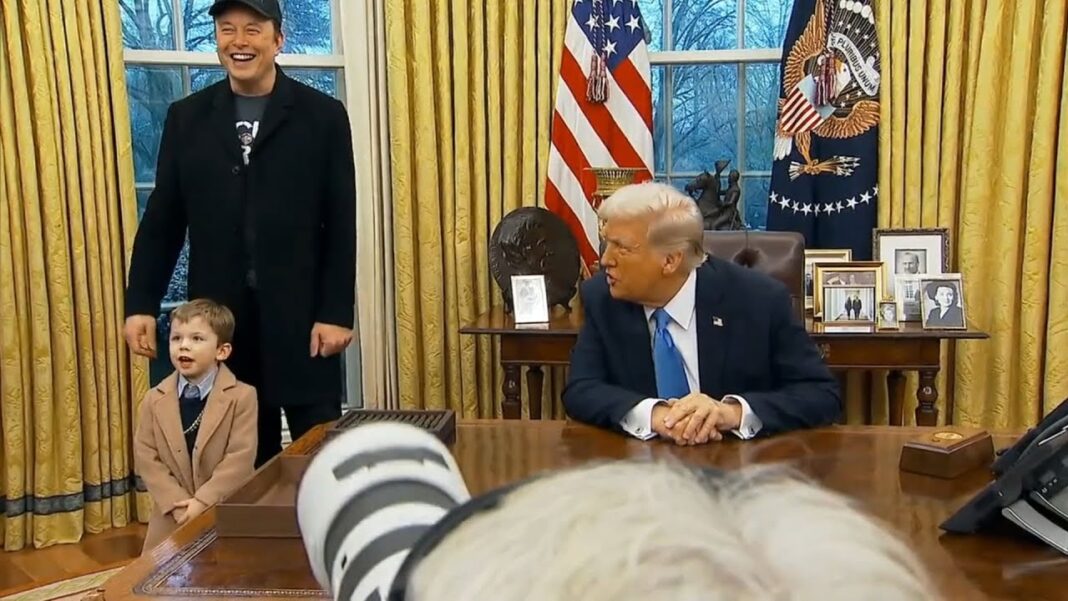The 14 states, led by New Mexico, say letting DOGE access federal data endangers the public.
U.S. District Judge Tanya Chutkan on Feb. 14 delayed ruling on 14 states’ request that the Department of Government Efficiency (DOGE) be barred from accessing government information systems.
At a hearing in the case of New Mexico v. Musk, the Washington-based judge seemed skeptical of the states’ motion for a temporary restraining order against DOGE and its leader, tech entrepreneur Elon Musk.
Chutkan, who previously oversaw the now-dismissed election interference case against President Donald Trump, directed the plaintiff states to file proposed wording for the temporary restraining order they are seeking with the court by 5 p.m. on Feb. 15. She has not indicated when she will rule on the motion.
The judge acknowledged that the security of government information systems is important.
“Once financial or other confidential data is made public you can’t un-ring that bell, you can’t get it back,” the judge said.
President Donald Trump implemented DOGE, an advisory body that audits federal agencies and recommends cost-cutting actions, on Jan. 20 by issuing Executive Order 14158, which directs DOGE to modernize federal technology to improve governmental productivity and efficiency.
DOGE is not a new office. The executive order reorganized the U.S. Digital Service—which President Barack Obama created in 2014 within the Executive Office of the President—as the U.S. DOGE Service, according to a Congressional Research Service report. The Obama administration used the office to improve digital services after the Healthcare.gov website was unveiled.
Trump also signed Executive Order 14210 on Feb. 11, which directs all agency heads to work with DOGE to reduce staffing and limit hiring.
The White House has referred to Musk as a special government employee, which allows for the potential to avoid disclosure rules regarding possible conflicts of interest and finances that generally apply to other government workers.
New Mexico, Michigan, California, Massachusetts, and 10 other states argued in a legal complaint filed on Feb. 13 that Musk, “with President Donald J. Trump’s approval, has roamed through the federal government unraveling agencies, accessing sensitive data, and causing mass chaos and confusion for state and local governments, federal employees, and the American people.”







